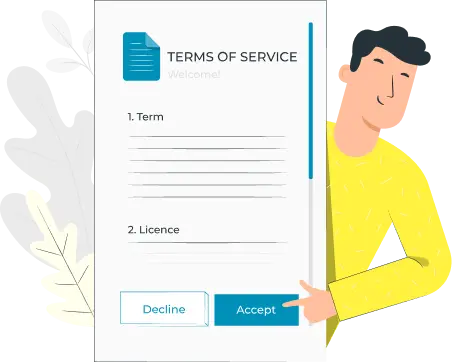Virtual Stock Option Plans are compensation schemes that give employees the right to benefit from the increase in a company's stock value without actually owning shares. They provide financial rewards tied to the company's performance, often used as an incentive to align employees' interests with company success.
Virtual Stock Option Plans align employees' financial incentives with company performance without diluting existing shareholder equity. This creates a strong motivation for employees to contribute to the company's success and growth.
Since Virtual Stock Option Plans do not involve actual share transactions, they simplify administrative processes. Companies can avoid the complexities associated with issuing and managing physical stock shares, making these plans more manageable.
These plans offer a compelling alternative to traditional stock options, appealing to employees who may prefer cash or other benefits over stock ownership. They are particularly attractive in startups or fast-growing companies where traditional stock options might be less practical.
Virtual Stock Option Plans provide a financial incentive tied to the company’s success, which helps retain key employees by aligning their interests with the long-term goals of the organization. This reduces turnover and encourages loyalty.
These plans offer the financial benefits of stock options without issuing actual shares, preventing dilution of existing shareholders' equity. This maintains the value of existing shares and simplifies equity management.
Managing Virtual Stock Option Plans is less complex than handling physical shares. Companies avoid the administrative burden of stock issuance and transfer, making it easier to administer and track employee benefits.
Virtual stock options offer a flexible form of compensation that can be tailored to meet the needs of different employees and company stages. They provide an attractive alternative to cash bonuses or salary increases, especially in startups or high-growth environments.
Determining the value of Virtual Stock Option Plans can be complex, especially for private companies with fluctuating valuations. Accurate valuation is crucial for ensuring fair compensation and managing expectations.
Since Virtual Stock Option Plans are not tied to actual shares, they may not offer the same liquidity as traditional stock options. Employees might face challenges converting their options into cash or other benefits, particularly in private companies.
Employees may perceive Virtual Stock Option Plans as less valuable than actual stock options because they do not involve real share ownership. This perception can affect the attractiveness of the plan and its effectiveness as a motivational tool.
Navigating the regulatory and tax implications of Virtual Stock Option Plans can be complex. Companies must ensure compliance with relevant laws and manage the tax impacts on both the organization and employees, which can add administrative burdens.
Disclaimer: This article and all information in it is provided for general informational purposes only. It does not, and is not intended to, constitute legal or tax advice. You should consult with a qualified legal or tax professional for advice regarding any legal or tax matter and prior to acting (or refraining from acting) on the basis of any information provided on this website.
Choose Glints TalentHub as your partner in Southeast Asia.
Building your Team in
Southeast Asia with Glints' EOR Service

Rapid
Team Setup
Launch Southeast Asian operations in a week for a seamless start

Full Suite of HR Offerings
Launch Southeast Asian operations in a week for a seamless start

Guaranteed 100% Compliance
Ensure total HR and legal compliance with expert local guidance

Dedicated & Immediate Support
Get quick, dedicated HR support within 24 hours